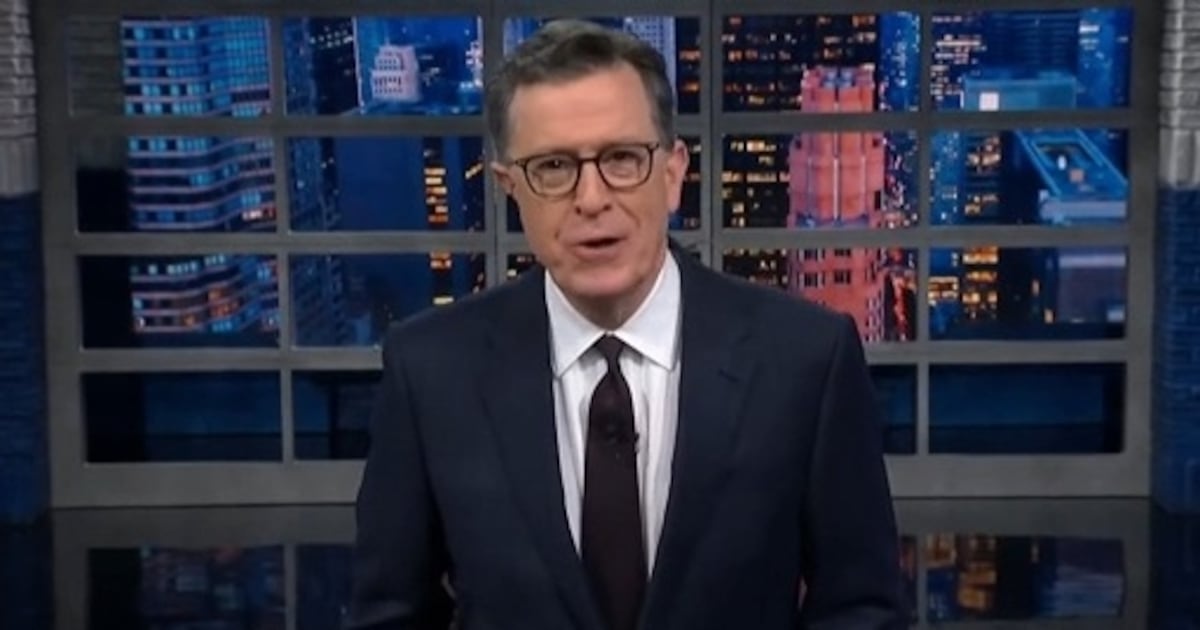Adolescence sucks, and DÌDI, which hits theaters on July 26, captures its ups and downs with a humor that often elicits as many tears as laughs. The story of a Taiwanese-American teen whose summer before high school is filled with personal, familial, and romantic dilemmas for which he’s frequently ill-equipped to handle, writer/director Sean Wang’s directorial debut (winner of the U.S. Dramatic Audience Award and Special Jury Prize for Best Ensemble Cast at January’s Sundance Film Festival) is a kindred spirit to Bo Burnham’s Eighth Grade—a superb coming-of-age saga that lives in the intersection of youthful euphoria, despair, insecurity, irresponsibility, and fearlessness.
Chris Wang (Izaac Wang) is known as “Dìdi” to his mom and “Wang Wang” to his pals, the latter of whom are by his side during a VHS-recorded introductory scene in which they blow up a mailbox and then giddily flee its furious owner. The year is 2008 and Chris spends most of his days and nights with his friends Fahad (Raul Dial) and Jimmy (Aaron Chang), both in person and online, where instant messaging is almost as consuming a pastime as watching skating videos on YouTube. Chris yearns to be like the wannabe-X-Games guys in these clips, but things keep getting in the way of his ambition—in particular, his mom Chungsing (Joan Chen), who amusingly ruins one of Chris’ homemade videos by chastising his chosen camera angle.
Chris resides in the Bay Area suburbs with Chungsing, his paternal grandmother Nai Nai (Chang Li Hua), and his sister Vivian (Shirley Chen), who’s on the precipice of leaving home for her freshman year at UC San Diego. Chris and his sibling don’t get along at all, in part because of his habit of stealing and wearing her sweatshirts—one of many catalysts for a dinner table fight that escalates due not only to the pair’s profane bickering but to Nai Nai’s critiques of Chungsing for her substandard parenting. Things are tense in this immigrant household, and the proverbial elephant in the room is the absence of the clan’s patriarch, whose whereabouts aren’t explicated until the film’s latter half and whose lack of participation in the family’s day-to-day is cause for considerable unhappiness.
Such misery bubbles beneath the surface of DÌDI as it depicts Chris clashing with Vivian (highlighted by him peeing in her bottle of skin lotion), hanging out with Fahad and Jimmy (who affectionately slander each other as “gay”), and pining for Madi (Mahaela Park), a fetching classmate whom he knows primarily via her MySpace page. With mild acne on his cheeks and posture that suggests withdrawn timidity, Chris is desperate to be as confident and cool as Fahad, who holds court at a party by telling a story to an audience of rapt peers.

Izaac Wang, Chang Li Hua, Joan Chen, and Shirley Chen
Focus Features / Talking Fish PicturesLater at the same get-together, Chris goes looking for a bathroom and instead stumbles upon Madi, who invites him to hang out as she and a friend make silly videos. Even with this opportunity, Chris is severely awkward, albeit not enough to turn off Madi, who tells him to connect with her on Facebook—a moment that’s all the more exciting (and funny) for Chris’ success at hiding his jubilation behind a placid expression. In the aftermath of this triumph, Chris races home to sign up for the social media platform.
Chris’ life exists on two planes, the real and the virtual, and DÌDI moves between those spaces with aplomb, with writer/director Wang grasping the way in which kids of this generation were already acclimating themselves to online slang, emojis, and Google, where Chris searches for tutorials about how to properly kiss. An IM conversation nabs Chris a date with Madi, yet that goes embarrassingly south and he compounds his failure with additional mistakes. His ensuing attempts at finding acceptance lead to both disappointment and a potential new clique, and through these experiences, the film conveys the fundamental trickiness of forging bonds while figuring out who you are and what you want to be.
Chris’ social travails are the initial heart of DÌDI, but its focus soon expands to Chungsing, whose dream of being a painter has now been confined to a single room in her husband-less home. The great Joan Chen infuses the lonely matriarch with pent-up sorrow, fear, and frustration born from her circumstances as a de facto single mom tasked with caring for “stubborn” offspring who take their anger at their father out on her, and a mother-in-law who won’t stop harping about Chris and Vivian’s misdeeds. Chungsing’s resentment and regret are as palpable as Chris’ fury and desperate desire to fit in, and her quarrels with her son are the byproduct of their similar discontent with their lots in life—and are enhanced by Chen’s beautifully understated performance as a woman struggling to hold onto her past and present selves.

Izaac Wang and Mahaela Park
Focus Features/Talking Fish PicturesDÌDI is a nuanced character study cast in a conventional mold, and despite having numerous opportunities to indulge in aww-shucks mawkishness, it eschews fairy-tale fluffiness in favor of complicated prickliness. Wang realizes that Chris isn’t some Pygmalion-inspired cliché but a boy who, for various reasons, is bitter, alienated, and eager for a place to call his own, and he treats him with the same respect and attention to detail that he bestows upon Chungsing. There’s little excess fat in the filmmaker’s script, which routinely thwarts happily-ever-after resolutions with twists that are true to its characters. Izaac Wang’s lead performance is equally genuine: superficially muted and yet roiling with hurt and rage that nonetheless doesn’t prevent him from continuing to chase the joy and companionship he craves.
Wang recognizes that Chris’ entrance into high school is merely the next step in an evolutionary process that will continue for the foreseeable future, and he thus avoids tidy, comforting conclusions to his conflicts and concerns. Building to a climax of literal and emotional violence that’s as bracing as it is seemingly inevitable, DÌDI situates itself in the messy headspace of its protagonist, where a minor humiliation can resonate as the end of the world, a shared head nod can mend previously broken fences, and a smelly fart can bring people closer together. In short, it knows how kids think, act and feel—and better still, it grasps that seeing others is the best way to understand yourself.






